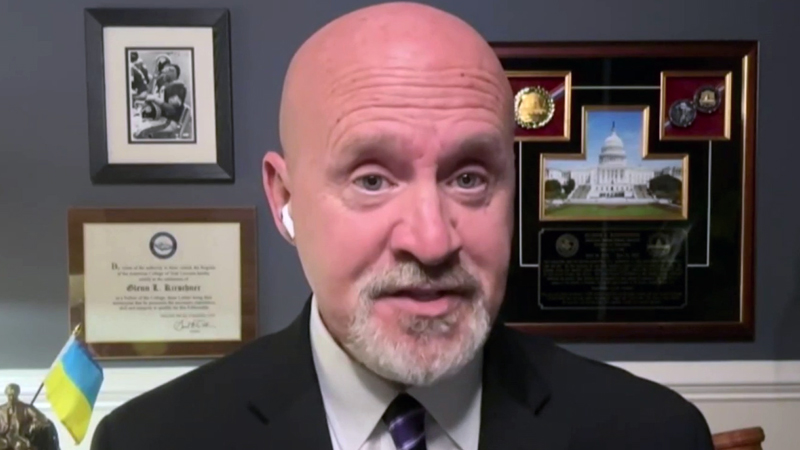Glenn Kirschner Warns of Worsening Legal Troubles for Trump If Gag Order Is Violated

(MSNBC)
Glenn Kirschner, a former federal prosecutor and now legal analyst, expressed serious concerns about the potential repercussions for Donald Trump if he is found to have violated his gag order. During a discussion on MSNBC, Kirschner highlighted that such a violation could have significant implications across all of Trump’s ongoing criminal cases.
Kirschner explained that the conditions of Trump’s bail across various indictments stipulate that he must refrain from committing any further offenses. A contempt of court ruling for violating the gag order would directly breach these conditions. “Let’s face it,” Kirschner remarked, “we have a contempt hearing coming up where it may go from bad to worse, reported PBS.
The minute Justice [Juan] Merchan holds Donald Trump in contempt in violation of the laws of New York, that will represent a violation of his release conditions in all four of his criminal cases. So, I think things are about to get significantly worse for Donald Trump.”
Currently, Trump is out on bail in several high-profile cases, including the Washington, D.C. election interference case, a racketeering case in Georgia, and charges in South Florida related to the illegal storage of classified documents. The accusation of violating a gag order, initially imposed to prevent the intimidation of witnesses, jurors, court staff, or their families, is a serious one, with Trump allegedly breaching this order at least ten times since the start of his hush money trial.
The consequences of such violations could be severe. Judge Juan Merchan could impose fines of up to $1,000 per violation or sentence Trump to up to 30 days in jail for each instance. These penalties underline the seriousness with which the court views the gag order and its role in ensuring a fair trial by preventing any undue influence on those involved in the proceedings.
In addition to discussing the potential legal consequences, Kirschner also pointed out the broader impacts of the high-profile witnesses likely to testify, such as Stormy Daniels and Karen McDougal, whose testimonies might attract significant public and media attention due to their salacious details. However, Kirschner emphasized their importance as “legitimately serious witnesses” who possess crucial information pertinent to the case.
Moreover, Kirschner noted that the behavior of Trump during the trials is under close scrutiny by jurors, who are observing not only his reactions to testimonies but also his general demeanor in court. This behavior, Kirschner suggested, contributes to the “criminal tapestry” that the jury must consider in deliberating his guilt or innocence.
Overall, Kirschner’s comments reflect the precarious situation that Trump finds himself in as he navigates multiple legal challenges. A ruling against him for violating the gag order could not only affect the specific case in which the order was issued but could potentially jeopardize his bail conditions in other ongoing criminal proceedings, illustrating the interconnected nature of his legal troubles.


